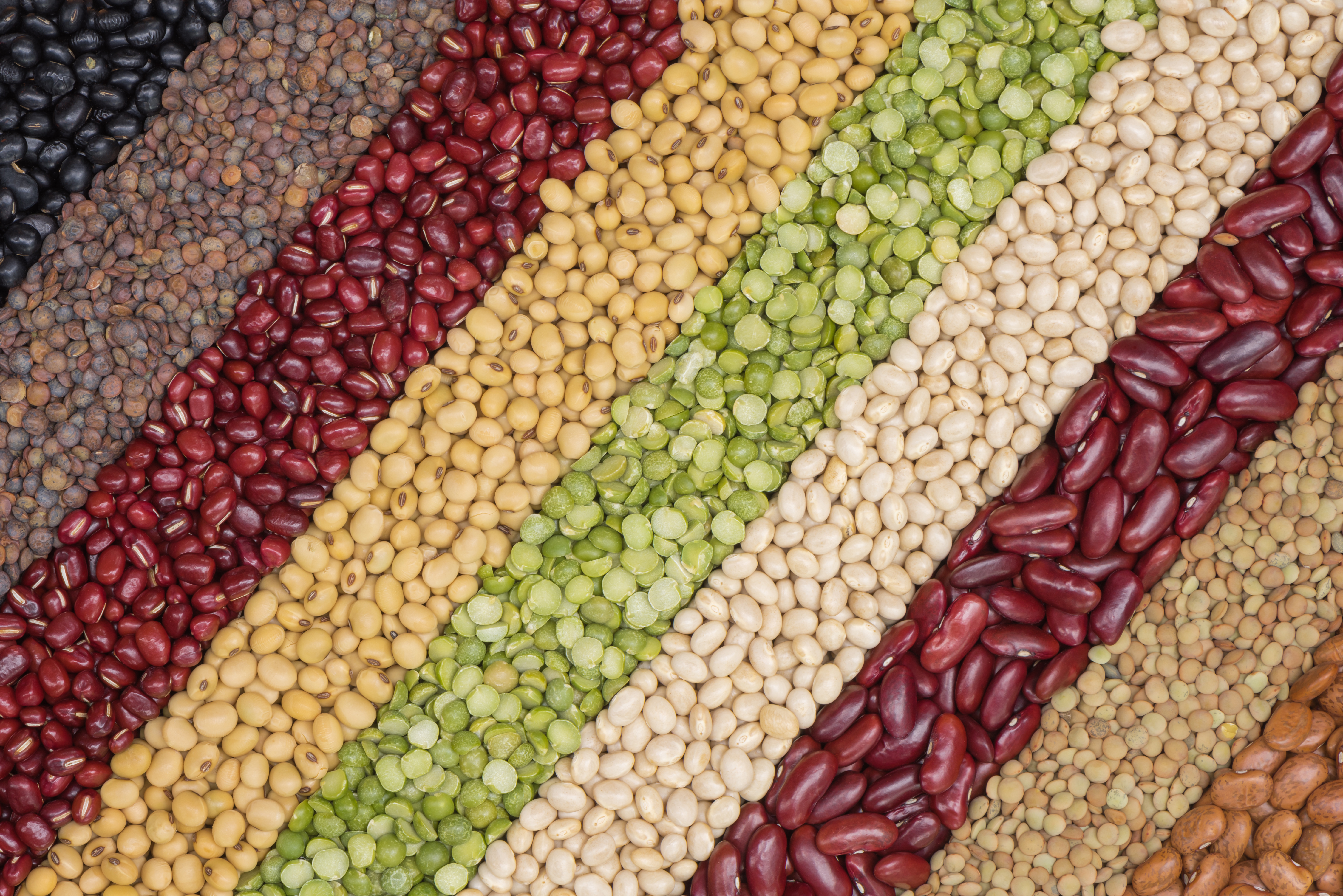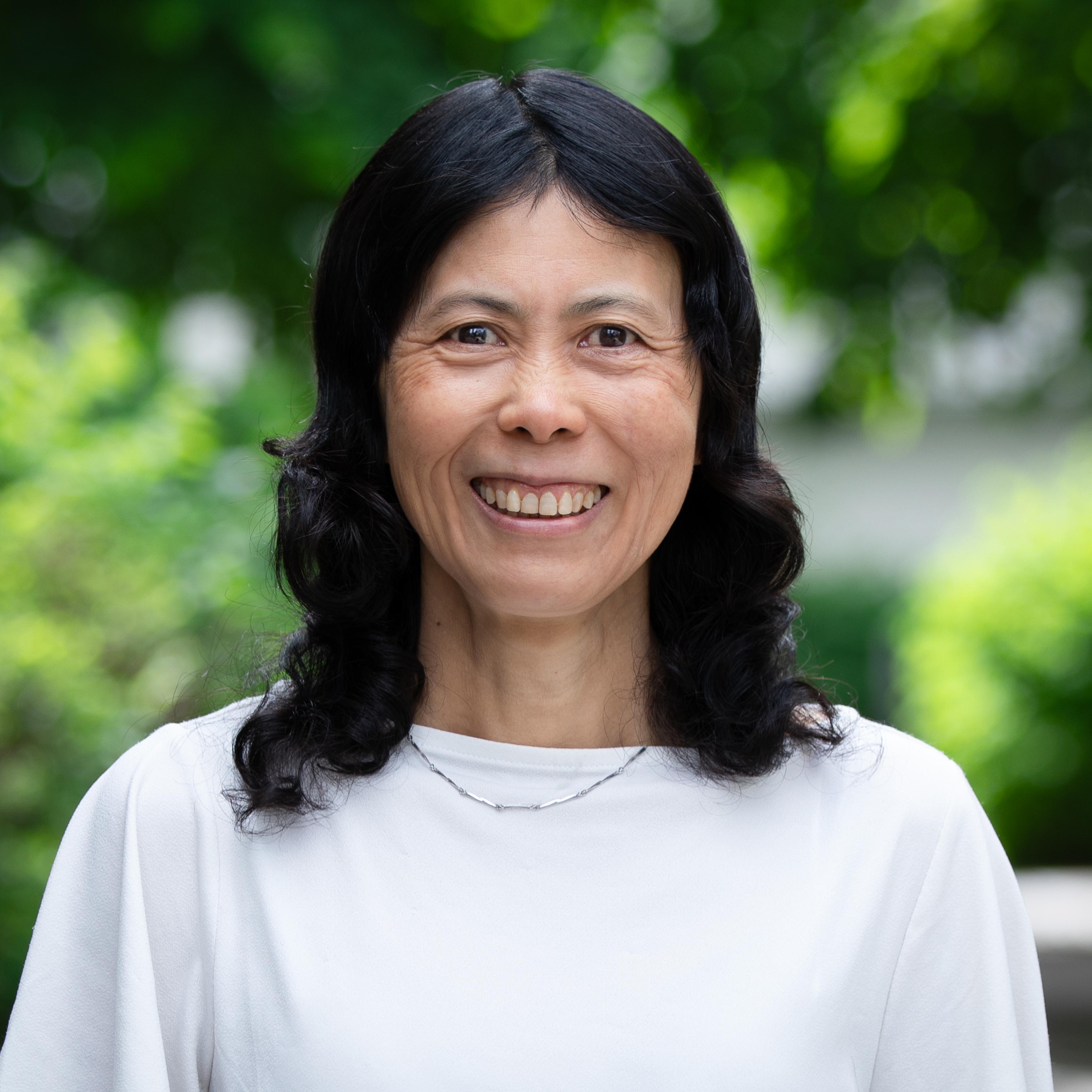
Energy efficient and resilient food production system
The project Energy-efficient and resilient food production system using hydrogen-oxidising bacteria (HERO-Protein) aims to develop a novel food system independent of fossil-based energy, weather conditions, and land use, reducing greenhouse…
The project Energy-efficient and resilient food production system using hydrogen-oxidising bacteria (HERO-Protein) aims to develop a novel food system independent of fossil-based energy, weather conditions, and land use, reducing greenhouse gas emissions. Agriculture contributes significantly to global emissions, and a green transition is urgently needed in food production.
To achieve carbon neutrality, agriculture requires innovative, circular, and energy-efficient solutions. Cellular agriculture, where microbial cells are used as production hosts, offers a sustainable way to produce food proteins. The project focuses on the Knallgas bacterium, specifically Rhodococcus opacus, which can convert carbon dioxide (CO2) and hydrogen (H2) into protein, creating a resilient and carbon-negative food system.
The bacterium will be modified to secrete food proteins and produce edible single-cell proteins. The system will use renewable energy to generate hydrogen and capture CO2, enabling food production independent of land, weather, and location. This approach saves water, protects soil, and reduces harmful chemicals.
The international HERO-Protein consortium includes experts in bacterial engineering, food science, and life-cycle assessments. The project will assess the technological, nutritional, and environmental impacts of these new proteins, aiming to transform food production for a more sustainable future.

